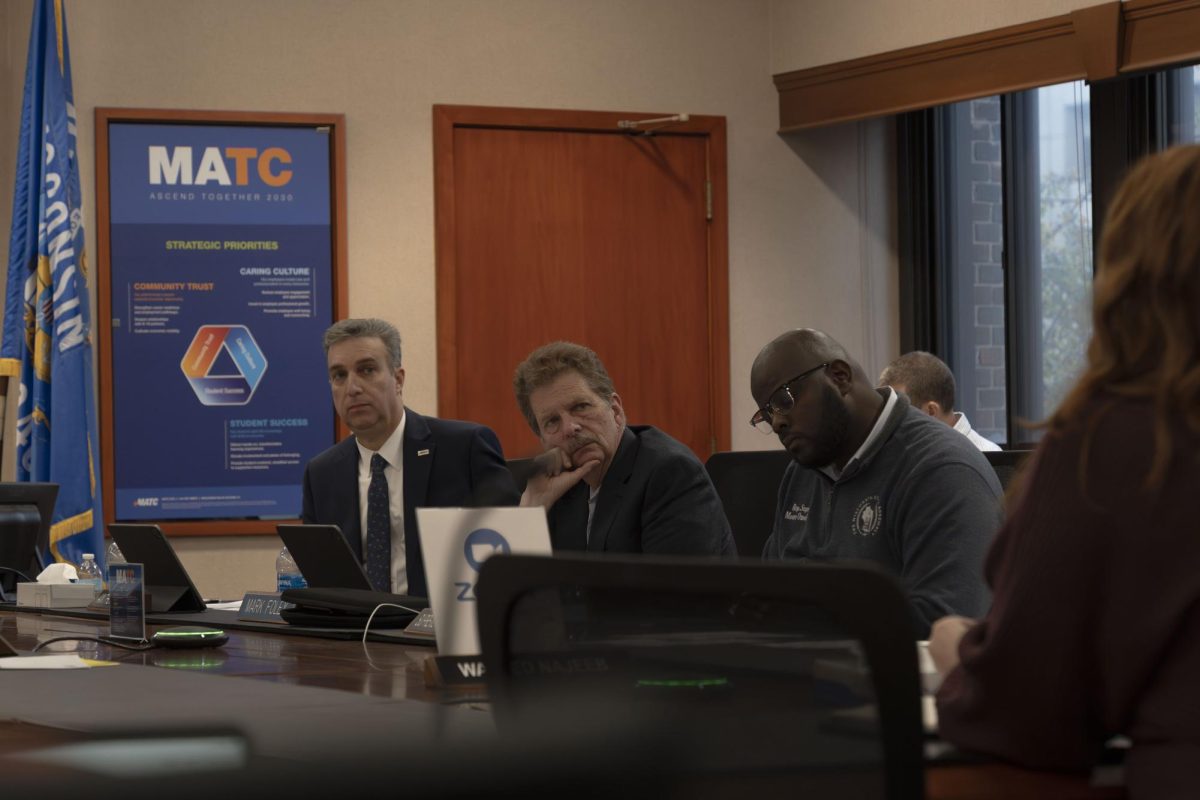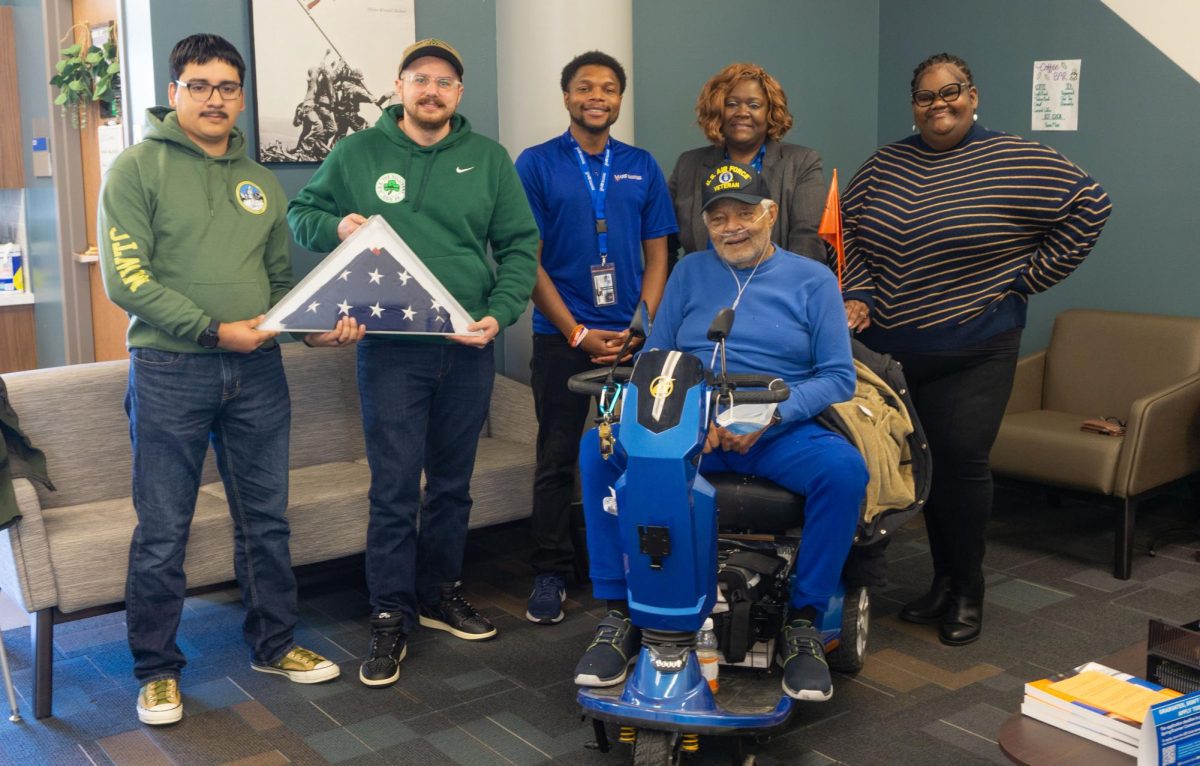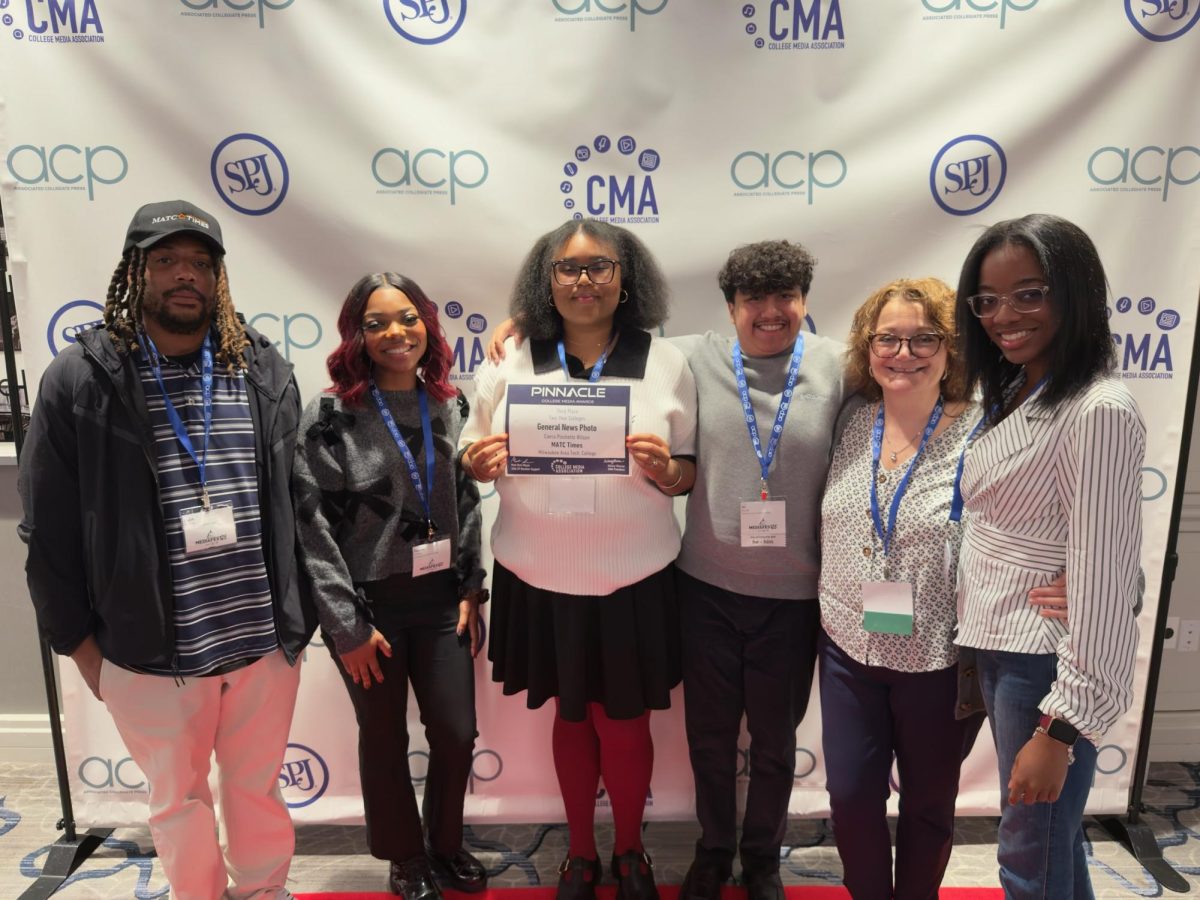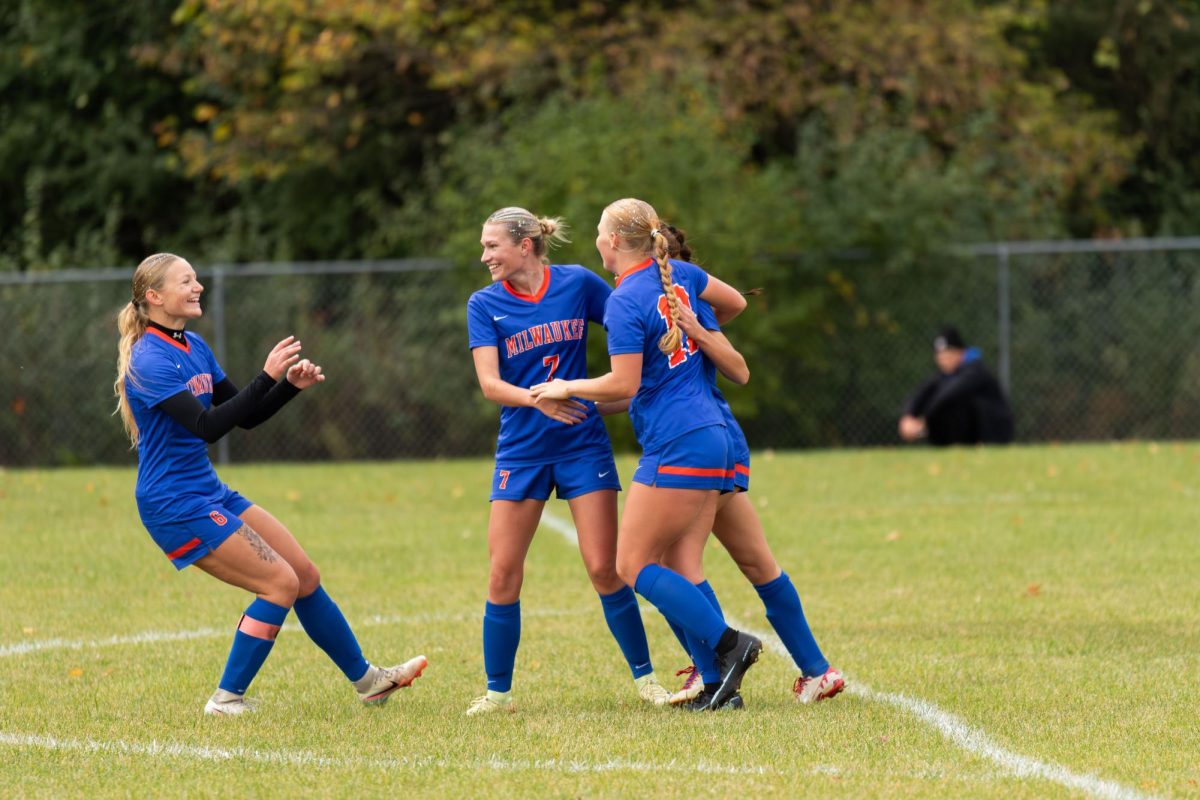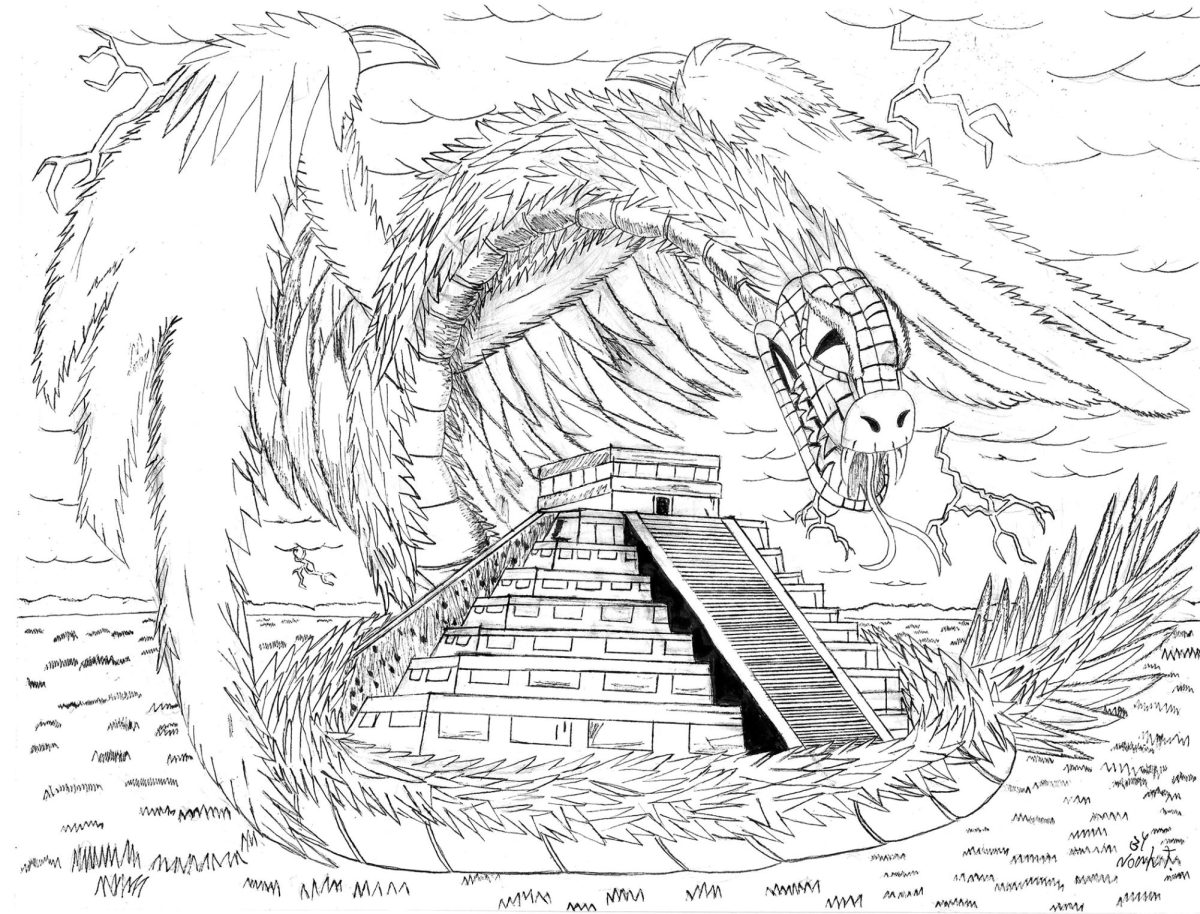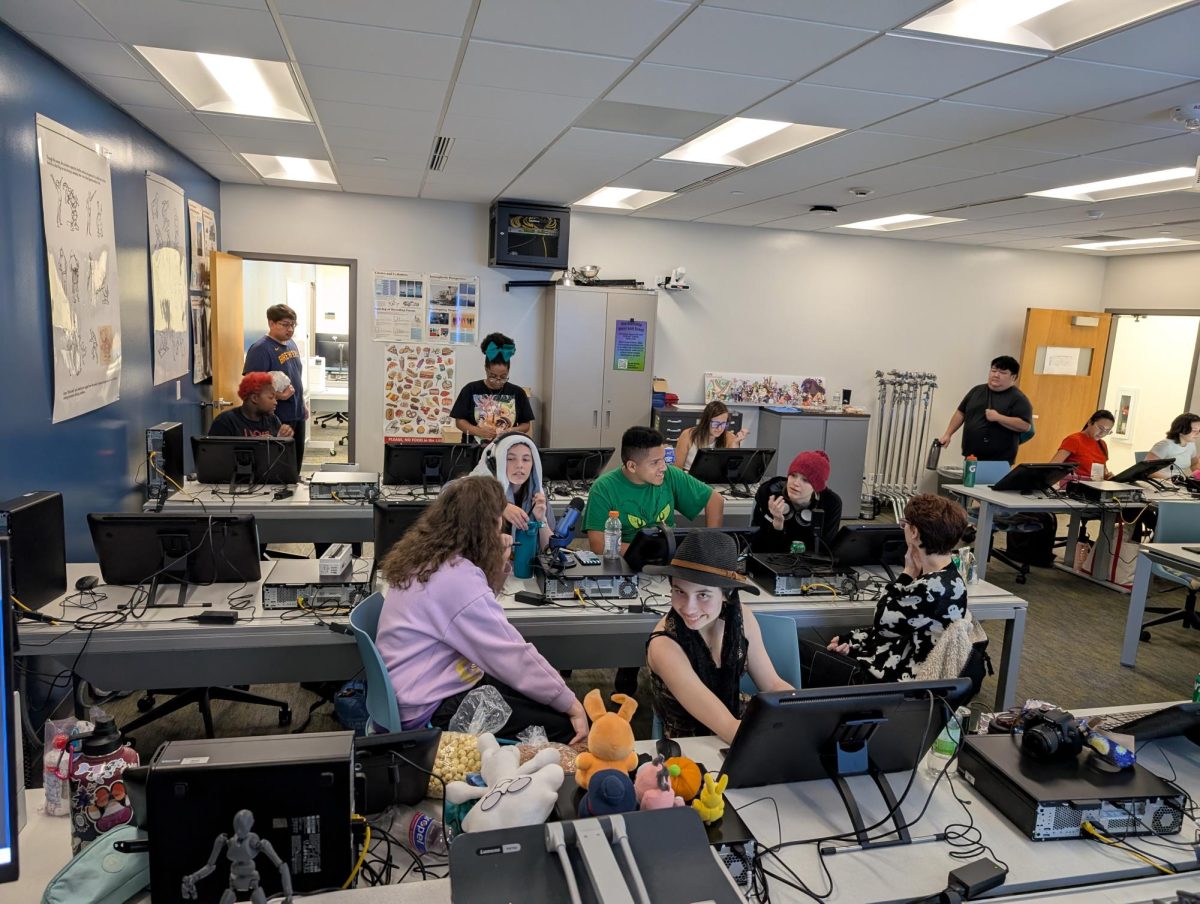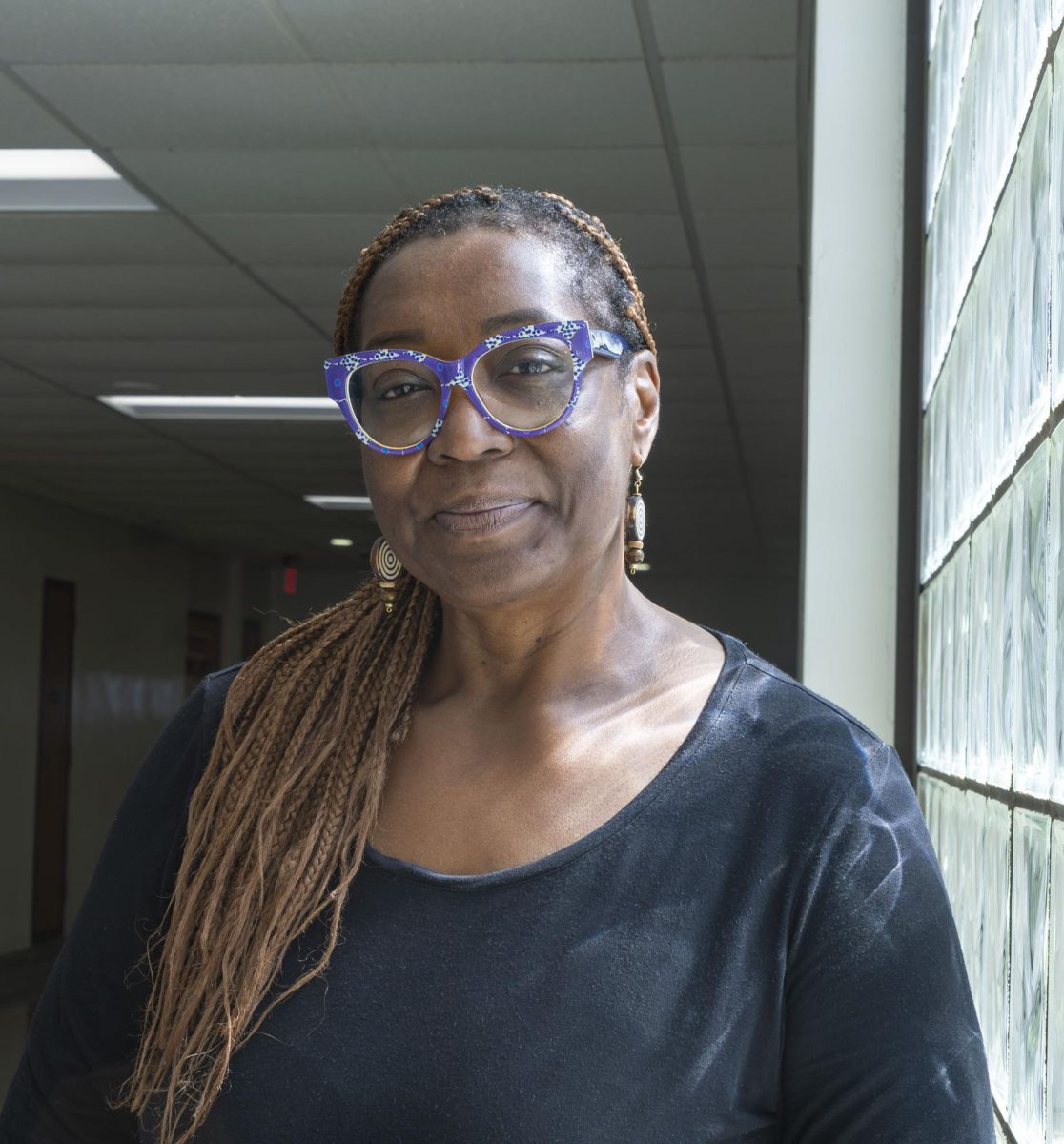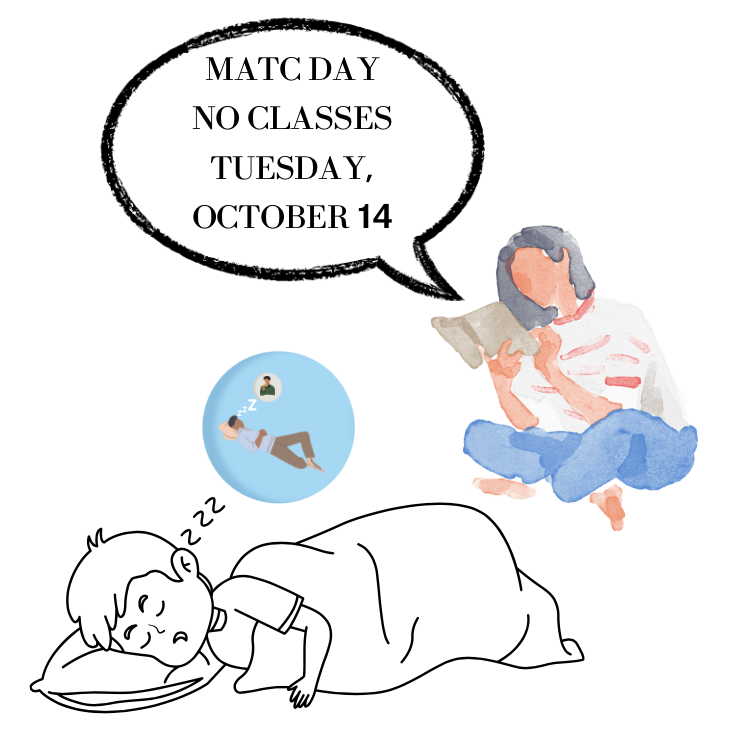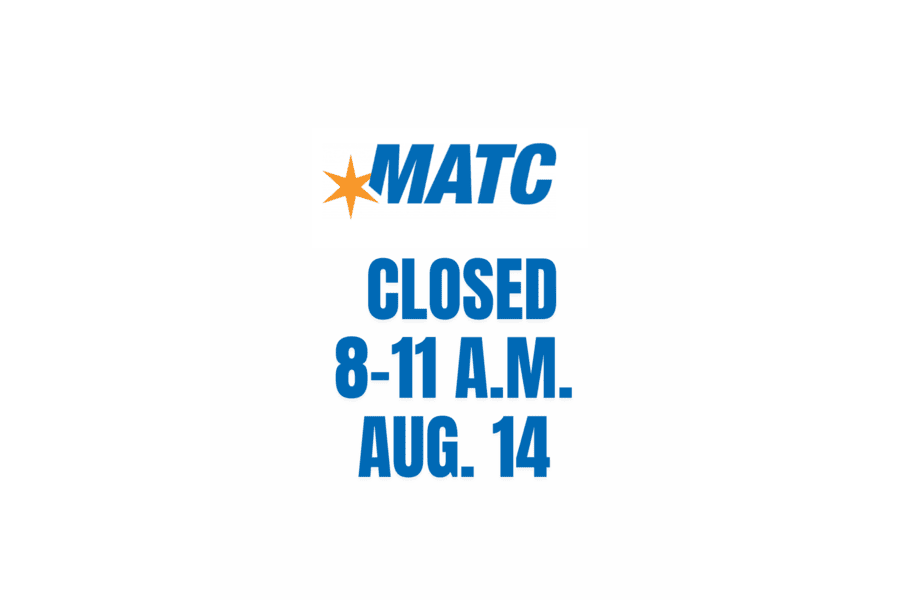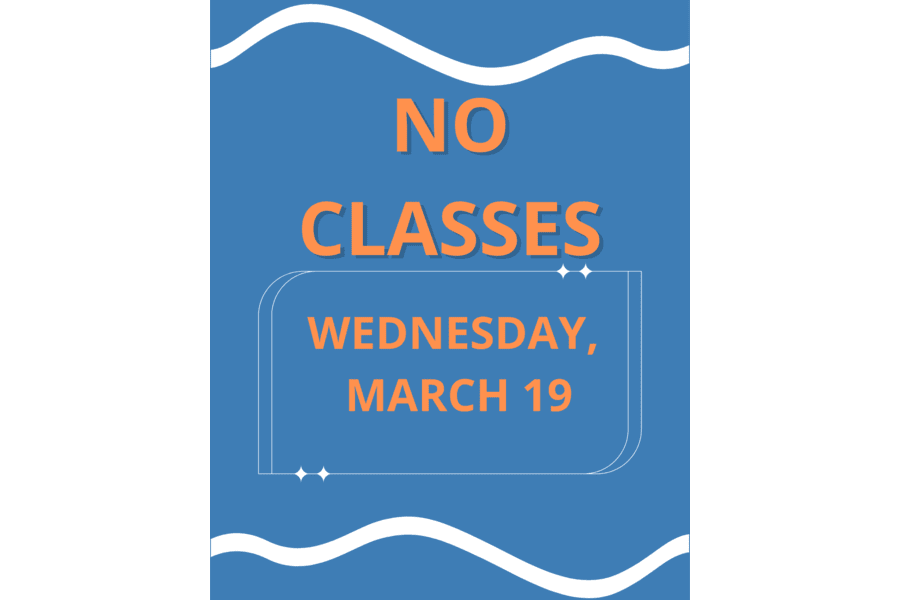“When am I ever going to need to know algebra?” Many students have screamed this battle cry for years, seemingly on deaf ears. However, MATC’s Dr. Akram Dakwar, along with James Arnold from UWM, have heard. Dakwar believes that it “could be a very exciting experience (for students) to have a different notion of what math is all about.”
Their answer came when Dakwar and Arnold teamed to create the textbook “Snapshots of Contemporary Mathematics,” which uses real life situations and solves them with basic mathematical principles. “It doesn’t focus on the heavy mathematic equations. It focuses on the applications instead,” Dakwar said. “Everybody gets something out of it.” The idea is to have a math class the average person can use.
In the beginning of each chapter, a real-life dilemma is given. Students learn to solve the dilemma using mathematic principles.
Dakwar added, “You can pick and choose.” It is for those in business, sociology, psychology and majors like these, so by looking at the majors of the students the teacher can cover relevant material. “There is something for everybody,” he said. Dakwar said that when he taught it at UWM he was really excited about it because “I never had anything like this.”
The MATC class that uses this textbook is Math 206, which fulfills graduation requirements. It has been taught at UWM for the last four years. MATC offers it every semester.
The textbook is broken up into sections. The first section discusses voting and fairness. Here the class shows “how would you choose a democratic decision,” Dakwar said. The second section is on efficiency and management. Here you “try to optimize a certain solution and the efficiency of a certain way to do something,” he said, “like the best schedule.” The third section covers statistics and making predictions. Dakwar believes that anyone who has studied basic algebra should be able to take the class that utilizes “Snapshots of Contemporary Mathematics.”
The book came about when Dakwar was teaching at UWM. He approached Arnold and told him he didn’t like the textbook that was being used and Arnold agreed. They pulled their notes together and pursued a publisher.
When asked why aren’t students filling up the classes when the 206 course seems so useful, he answered, “Not enough counseling, and students look at the number. The requirement is Math 200, so that is what they take, and (206 is) a higher number, so students get the notion it’s more complicated.” He said Math 200 is good if you want to pursue more math, otherwise Math 206 is all you need.
Dakwar has pursued education his whole life. He was the first in his family to leave his homeland of Lebanon for a better education in America. He left right after high school. “We did not have the best universities in math and sciences and (I was) more oriented in math and sciences,” he explained. He has three degrees: in math, physics and mechanical engineering. He received his master’s in mathematics and has a doctorate in Leadership, Learning, and Service.
Dakwar has been in America for 30 years, is married and has four children. He is slightly built and wears glasses. Dakwar has two brothers in the area as well. One, Mohammad, is an associate dean of Business and Information Technology at MATC.
Dakwar mainly teaches Applied Algebra and College Algebra at MATC’s Oak Creek Campus. However, he adds, “During my tenure I have taught the whole spectrum, remedial to third semester calculus.

